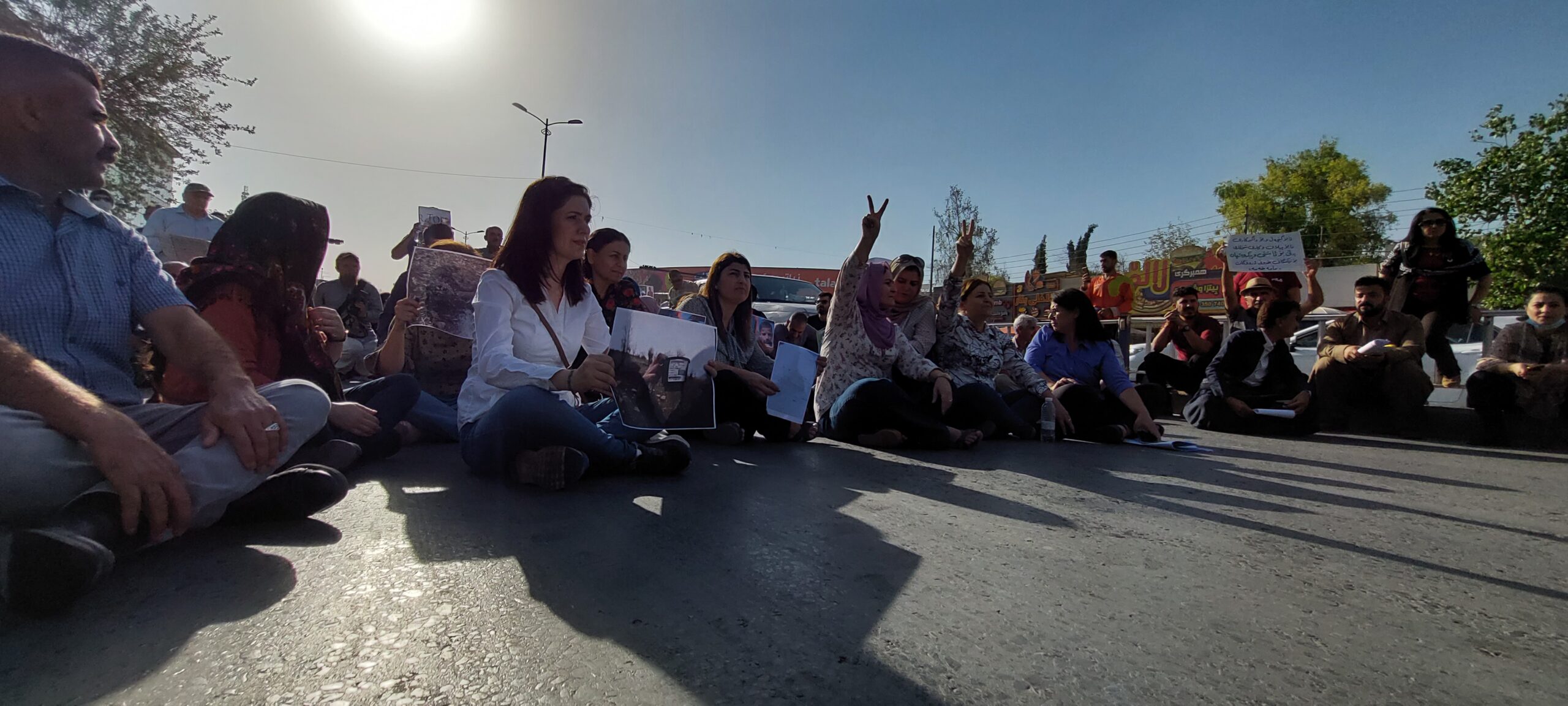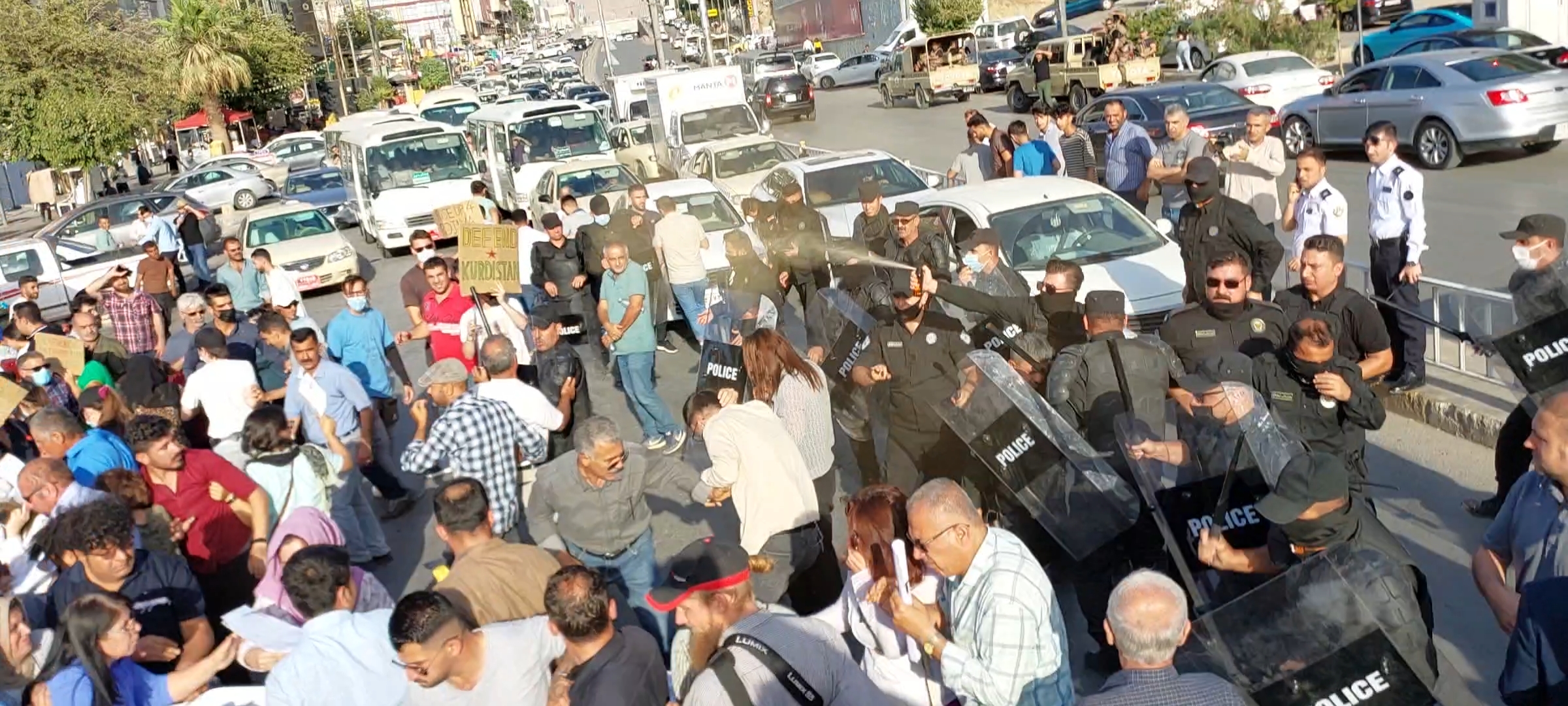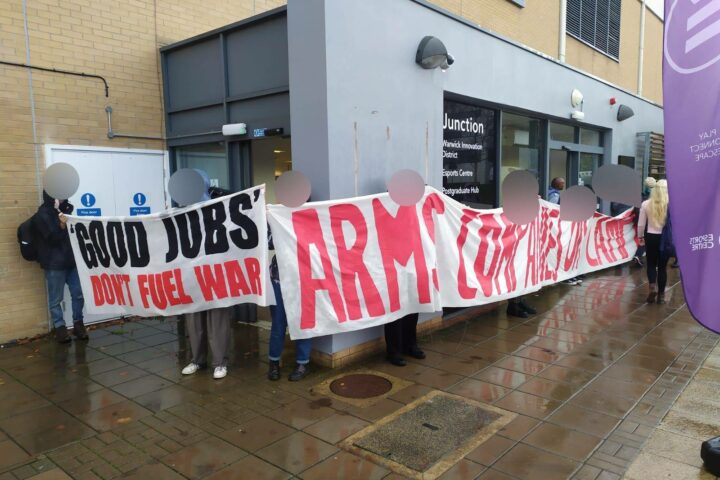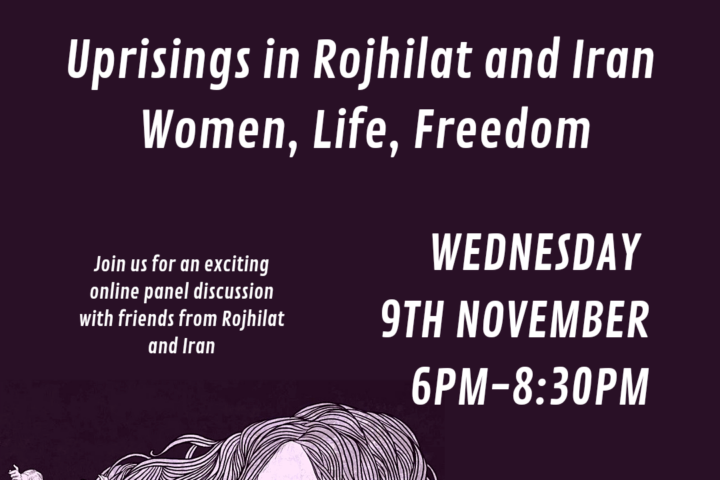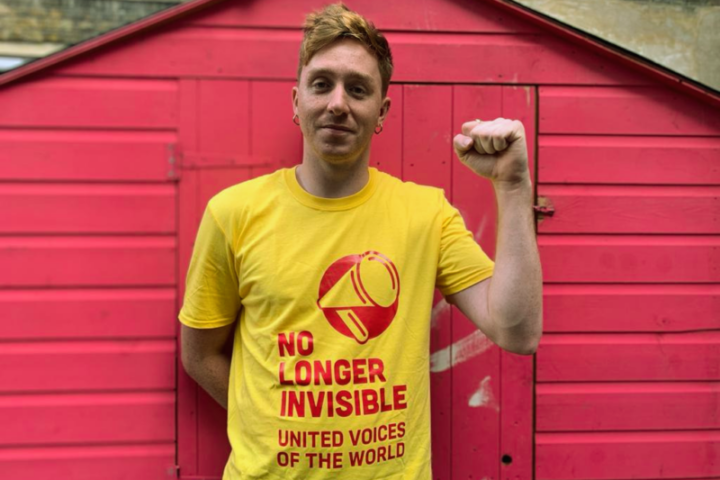This original article was submitted to Autonomy News
For a day of global action and rage, the afternoon began calmly in Sulaymaniyah, southern Kurdistan (northern Iraq). Families mingled and posed for photos. Old friends greeted one another with broad smiles. All sheltered from the scorching afternoon sun in front of an airconditioned travel agency. A man on a bicycle adorned with a flag bearing Abdullah Öcalan’s portrait played songs from a portable speaker. The crowd sang and clapped along to Bella Ciao. Some thirty police stood to one side looking bored and overdressed in suits of full body armour. In the family atmosphere, it was hard to imagine the tear gas cannisters tucked into their vests were necessary.
In cities across Europe, people came onto the streets to protest Turkey’s war of aggression and ongoing occupation of parts of Syria and northern Iraq. The KDP, the ruling party in southern Kurdistan, has been collaborating with Erdogan’s invasion. Each share the mutual enemy in the freedom movement in Kurdistan and, last week, Erdogan announced further offensives against the Autonomous Administration of North and East Syria, especially the city of Kobane. They are also launching strikes from planes and drones while deploying ground troops as part of Operation Claw-Lock against the PKK in Metina, Zap, and Avasin-Basyan which are part of the Duhok Governate of southern Kurdistan. In violation of international law, Turkey has used chemical weapons in the invasion. All the while, their NATO allies remain silent, and the world largely remains transfixed on Ukraine. In Russia’s war, Turkey presents itself as peacemaker. Erdogan is about to host four-day peace talks between Russia and Ukraine with representatives from the UN and Turkey also present. The contradiction is undeniable.
The gathering in Sulaymaniyah swelled to over one hundred and moved onto the street behind a truck holding a loudspeaker. Chants of ‘Long live the guerrilla’ and ‘Erdogan the terrorist, Barzani the collaborator’ rang out as women led the crowd onto a major thoroughfare, blocking three lanes of traffic. The crowd sat and cheered in response to the noisy frustrations of the drivers behind. As speeches began, police kettled the crowd against a row of food stalls set up on the sidewalk. One of them wore a skull patch on his utility vest (in case one wondered who the aggressors were). Still, demonstrators were composed and did not seem worried. The speakers captured full attention.
Then, without warning nor provocation, a policeman unloaded pepper spray directly into the face of a woman who was standing to one side of the crowd. Her yell pierced the air and police from that side pushed riot shields into the crowd. Demonstrators fled from the swinging batons and tripped over fuel cannisters that powered the food stalls. More pepper spray showered protestors and tea house patrons alike. One man threw some fruit back in the general direction of the police and four of them retaliated, striking him heavily well after he went to ground. One of their armoured friends shot tear gas into the row of shops which most people were sheltering under. Electrical static cut through the noise as another policeman tasered anyone within reach. Three were arrested and the rest of the crowd split. Those with searing eyes and dripping noses sought water, lemon, and some gas-free air to soothe the pain.
Barzani continues to violently repress opposition to Turkish expansionism. This was the second time such heavily armed riot police were deployed against protestors. The first was at the beginning of June at a week-long demonstration known as the Long March. The event is organised by the youth structures of the freedom movement and demands the release Abdullah Öcalan. This year there was a special focus on Turkey’s war and, on day one, the March in Sulaymaniyah was shut down by the same riot force.
The left-wing freedom movement in Kurdistan is under threat. NATO states sell weapons and watch on as the Turkey terrorises the PKK and other groups who are struggling for liberation. The demonstrators are motivated and mobilised. ‘We have to be hopeful, there is no other choice’, said one young participant. The resistance obliges solidarity from those looking on from afar. It is time to prove wrong the adage that Kurdish people have ‘no friend but the mountains.’
